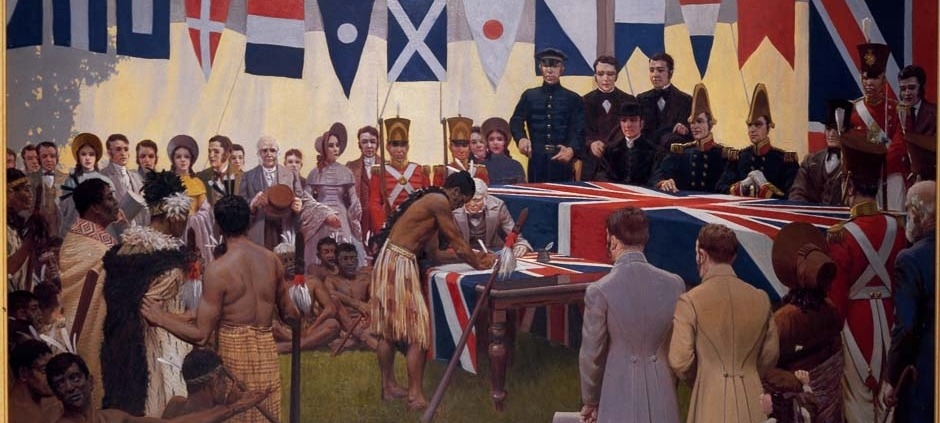New Translations of the Treaty of Waitangi
The Treaty of Waitangi, New Zealand’s historic founding document, has been translated and published for the first time in 30 languages. The original English version of the treaty was hastily translated into Māori and contained many differences in meaning that impacted the sovereignty and governance of Māori land and people. The Māori chiefs who signed the treaty did so based on the wording of the Māori version of the document, along with verbal explanations. For the new translations, both the English version of the text and the Māori version were used in the translation so that all cultures could benefit from the differences between the two. Nearly 150 translators were called in to use their expertise to provide the best translation possible. As New Zealand becomes more diverse in ethnicities and languages, organizers of the project felt that it was important that those who call New Zealand their home should have access to learn about its history in their own language.
The Subjects of the Debate
There has been much debate over the differences between the Māori version and the English version of the Treaty of Waitangi. The text was translated back in 1840, and wording differences have been a point of contention ever since. The differences that are noted include:
- The English version provides for a British settlement on the land while establishing peace-maintaining government. The Māori version says that the Queen will help establish a government and give the Māori complete authority and ownership over it for as long as they wished to have it.
- The English version says that the Queen will have complete sovereignty over the land while the Māori version suggests the Queen have government over the land.
- The English text gives the Māori the exclusive possession of their lands, while the Māori version states that the Māori were given chieftainship over the land.
You can see the subtle differences in some texts, yet striking differences in the wording between others. People believe that the problem with the Treaty of Waitangi is that the words were not the same for both parties; what the Māori were told and what was written in English can be subject to debate that gives the Crown more jurisdiction and power than the Māori.
The New Translations
The new translations plan to stay away from political interpretations and stay true to the objective translations of the wording. Being translated in several new languages gives other cultures the opportunity to understand the differences between the texts. The goal is to show the true meaning of the document, despite the wording. In moderns times, most agree that it is the “spirit” of the text that matters the most. The rights of Māori people were negatively impacted by the original inaccurate translation.
Why You Need A Good Translator
This goes to show that the importance of any treaty, discussion, or communication between people has to do with proper translation. When there are no words in one language to convey what the other language is trying to say, the two must decide upon an appropriate term. Having a company that takes all of this into account when translating your legal documents can make all of the difference in your own world; no matter how big or small. Contact us today for more information on our many translation services.




















Leave a Reply
Want to join the discussion?Feel free to contribute!